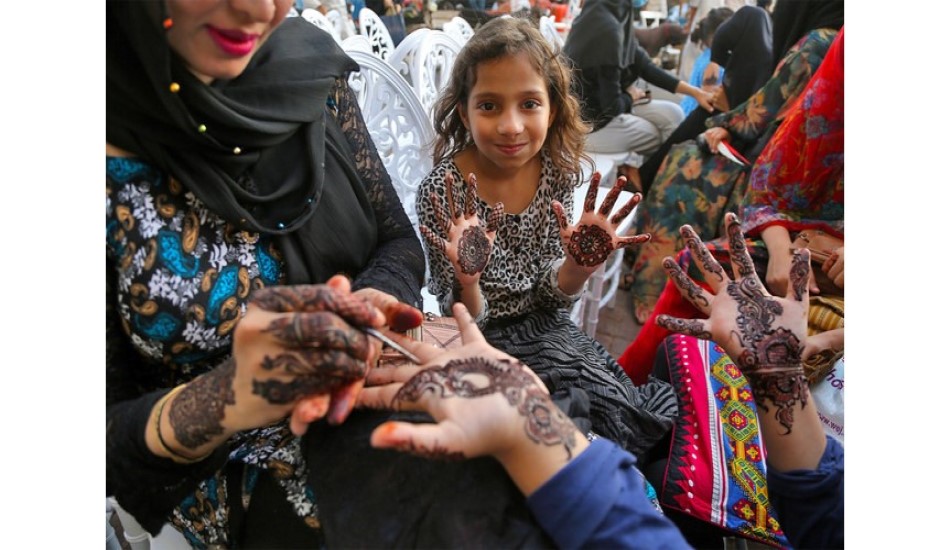Brief description of Interfaith Harmony:
Interfaith harmony in Pakistan has for some time been a subject of both test and progress. Pakistan is a country with a different strict scene, essentially including Muslims, yet additionally home to critical minorities like Christians, Hindus, Sikhs, Buddhists, and others. While there have been occurrences of strict pressures and divisions, endeavours to advance interfaith amicability have likewise been unmistakable.
Steps Towards Interfaith Harmony In Pakistan:
Following are the steps which have been taken toward interfaith harmony in Pakistan:
- Verifiable point of view
- Strict minorities
- Interfaith discourse
- Regulations and approaches
- Interfaith Petitioning Heaven Administrations
- Instructive Drives
- Media and Expressions
- Global Cooperation
Verifiable Point of view:
Pakistan’s organizer, Muhammad Ali Jinnah, imagined a country where individuals, all things considered, could exist together calmly. This vision was revered in Pakistan’s constitution, which ensures strict opportunity for all residents.
Strict Minorities:
Minority people groups in Pakistan have made huge commitments to the country’s way of life, economy, and society. Conspicuous models incorporate the Edhi Establishment, established by Abdul Sattar Edhi, a philanthropist of Parsi plummet, and the Nobel laureate Malala Yousafzai, who advocates for young ladies’ schooling.
Interfaith Discourse:
Different associations and people have worked enthusiastically to encourage interfaith exchange. These endeavours expect to advance grasping, regard, and collaboration among various strict gatherings. The Pakistan Interfaith Chamber and drives like the “Aman ki Asha” (Expectation for Harmony) crusade played pivotal parts in such a manner.
Regulation and Approaches:
Pakistan has done whatever it may take to safeguard the freedoms of strict minorities. The High Court of Pakistan, for example, has made suo-motu moves to address instances of strict segregation. Moreover, arrangements have been set up to advance strict resistance and put disdain discourse and induction to brutality down.
Interfaith Petitioning Heaven Administrations:
Occasions like interfaith petitioning heaven administrations and get-togethers have been coordinated to bring individuals of various beliefs together out of a feeling of solidarity and harmony. These occasions stress normal qualities and the significance of conjunction.
Instructive Drives:
Presenting interfaith and strict resilience training in schools has been proposed to counter division since the beginning. Such drives intend to advance compassion and understanding among youthful Pakistanis.
Media and Expressions:
The media and expressions industry play had a huge impact in moulding general assessment. Programs, films, and writing that stress interfaith agreement and resilience have been instrumental in countering disruptive stories.
Global Cooperation:
Pakistan has additionally looked for worldwide coordinated effort and support to advance interfaith concordance. Associations with associations like the Assembled Countries and different NGOs have prompted drives pointed toward encouraging strict resistance.
Conclusion:
In any case, challenges endure, including occurrences of strict narrow-mindedness, biased regulations, and brutality against strict minorities. To keep countering division, Pakistan should stay focused on reinforcing its endeavours to advance interfaith concordance through instruction, regulation, and cultural change. The country’s advancement in this space stays a dynamic and developing cycle, with the expectation of making a more comprehensive and agreeable society for every one of its residents.
This article is written by Syeda Quratulain who is intern at Perspective.pk.

